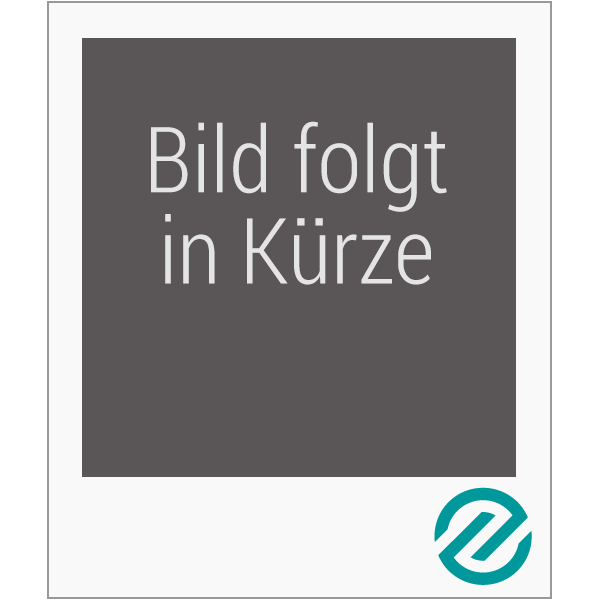Written for non-specialist users of electric motors and drives, this book explains how electric drives work and compares the performance of the main systems, with many examples of applications. The author's approach - using a minimum of mathematics - has made this book equally popular as an outline for professionals and an introductory student text.
- First edition (1990) has sold over 6000 copies.
Drives and Controls on the first edition: 'This book is very readable, up-to-date and should be extremely useful to both users and o.e.m. designers. I unhesitatingly recommend it to any busy engineer who needs to make informed judgements about selecting the right drive system.'
New features of the second edition: * New section on the cycloconverter drive. * More on switched relectance motor drives. * More on vector-controlled induction motor drives. * More on power switching devices. * New 'question and answer' sections on common problems and misconceptions. * Updating throughout. Electric Motors and Drives is for non-specialist users of electric motors and drives. It fills the gap between specialist textbooks (which are pitched at a level which is too academic for the average user) and the more prosaic 'handbooks' which are filled with useful detail but provide little opportunity for the development of any real insight or understanding. The book explores most of the widely-used modern types of motor and drive, including conventional and brushless d.c., induction motors (mains and inverter-fed), stepping motors, synchronous motors (mains and converter-fed) and reluctance motors.
Table of contents:
CONTENTS INCLUDE: Electric motors; Power electronic converters for motor drives; Conventional DC motors; DC motor drives; Induction motors - rotating field, slip and torque; Operating characteristics of induction motors; Inverter-fed induction motor drives; Stepping motor systems; Synchronous, switched reluctance and brushless DC Drives; Motor/drive selection.
- First edition (1990) has sold over 6000 copies.
Drives and Controls on the first edition: 'This book is very readable, up-to-date and should be extremely useful to both users and o.e.m. designers. I unhesitatingly recommend it to any busy engineer who needs to make informed judgements about selecting the right drive system.'
New features of the second edition: * New section on the cycloconverter drive. * More on switched relectance motor drives. * More on vector-controlled induction motor drives. * More on power switching devices. * New 'question and answer' sections on common problems and misconceptions. * Updating throughout. Electric Motors and Drives is for non-specialist users of electric motors and drives. It fills the gap between specialist textbooks (which are pitched at a level which is too academic for the average user) and the more prosaic 'handbooks' which are filled with useful detail but provide little opportunity for the development of any real insight or understanding. The book explores most of the widely-used modern types of motor and drive, including conventional and brushless d.c., induction motors (mains and inverter-fed), stepping motors, synchronous motors (mains and converter-fed) and reluctance motors.
Table of contents:
CONTENTS INCLUDE: Electric motors; Power electronic converters for motor drives; Conventional DC motors; DC motor drives; Induction motors - rotating field, slip and torque; Operating characteristics of induction motors; Inverter-fed induction motor drives; Stepping motor systems; Synchronous, switched reluctance and brushless DC Drives; Motor/drive selection.

